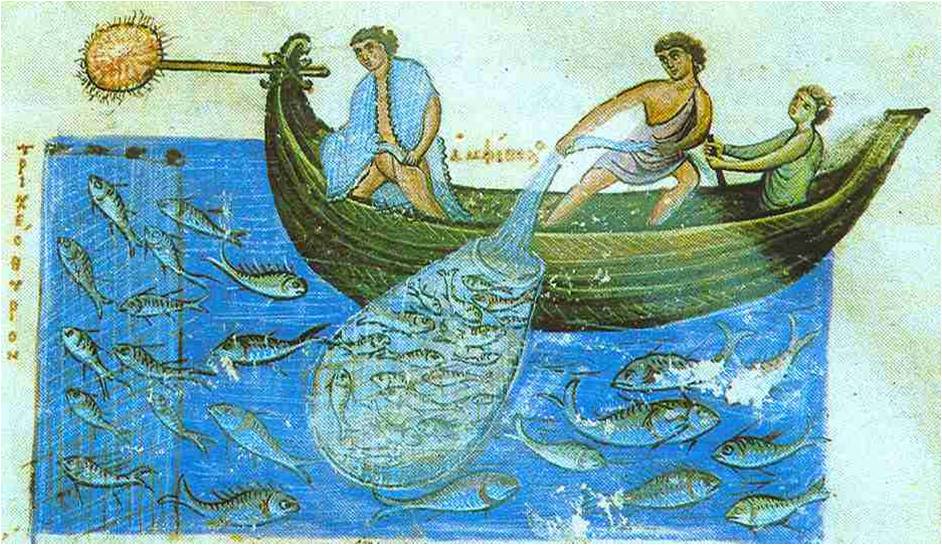Clams that swim close to the sea surface.
Name - Origin
A marine lamellibranchia mollusk, the body of which is protected in a double shell. The shell of the clam is, depending on the species, of various colours, with shallow grooves. It usually lives in the sand and the mud of the seabed (Great Encyclopedia of Cyprus, vol. 3, entry αχιβάδα,η, 102).
Scientific name: Some of the clam species found in Cyprus waters are: Venus ovata - Pennant (Eng: Oval venus), of the family Veneridae Venus striatula - Da costa (Eng: Striped venus), of the family Veneridae Venerupis pullastra - Montagu (Eng: Pullet carpet shell), of the family Veneridae Callista chione - Linnaeus, of the family Veneridae (Great Encyclopedia of Cyprus, vol. 3, entry αχιβάδα,η, 102).
The meat of the clam is eaten raw with lemon (Great Encyclopedia of Cyprus, vol. 3, entry αχιβάδα,η, 102).
Additional information and bibliography
"The clam, like other shellfish, is not often found in Cyprus because of the poor nutrient availability in the Cypriot seas" (Great Encyclopedia of Cyprus, vol. 3, entry αχιβάδα,η, 102).
It is caught with an iron comb, by digging the seabed (Great Encyclopedia of Cyprus, vol. 3, entry αχιβάδα,η, 102).
Pavlides A. (ed.) (1985), Great Encyclopedia of Cyprus, vol. 3, Filokypros, Nicosia.
Kyriaki Panteli, Argyro Xenophontos
